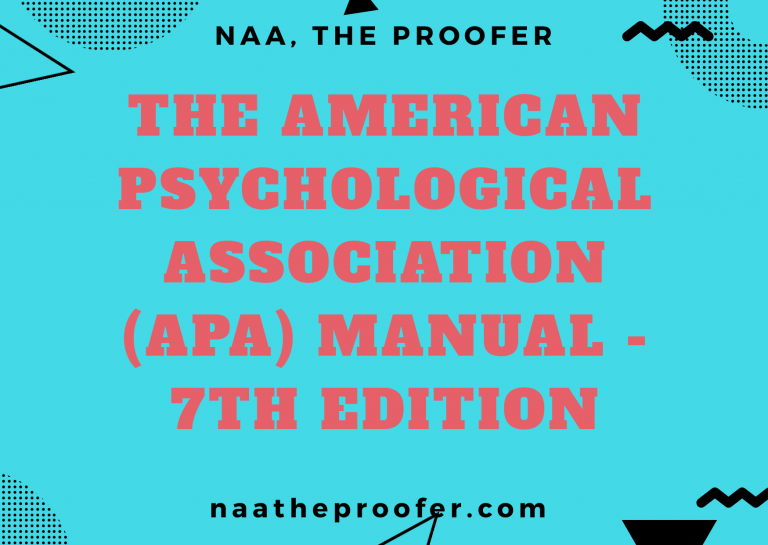What is the fuss about the Oxford comma, otherwise known as the serial comma?
Every English language student remembers the rule that said we should add commas when we have three or more items (words, phrases, clauses) listed as a series in a sentence. That is; He has a car, a motorbike, and a tricycle. This is known as the serial comma.
However, there is a group of English grammarians advocating for the omission of the last comma preceding the “and” in a series citing its redundancy. According to this faction, the sentence should be: He has a car, a motorbike and a tricycle.
- I like red, white and yellow roses.
- She bathed the baby, fixed dinner and folded the laundry.
Advocates of the comma preceding the “and” in a series refer to it as the “Oxford Comma”, since it is a peculiarity of the publishing style of Oxford University Press.
Either way is the correct way, depending on the style guide you are using. Certain style guides like the Chicago Manual of Style, the Oxford Style Manual, and the MLA Style Manual expect you to use the Oxford comma. The responsibility to know when to use what falls on you entirely since you know the audience you are writing for. You are free to decide to use the Oxford comma or not if you are an independent writer and publisher.
Instances of Oxford comma use:
We encourage a nuanced technique to the use of the Oxford Comma. If the Oxford Comma clarifies an ambiguity, then it is advisable to use it. On the other hand, if it does not, you can decide to use or not to use it.
He would like to have his dinner, the juice and the novels.
Hold on a second! Do you mean your dinner is made up of juice and novels? Clarify this by using the Oxford Comma.
Thus: He would like to have his dinner, the juice, and the novels.
It is always safe to use the Oxford Comma because it can save you millions of dollars. Yes, you read right! Who would have thought that the comma is a very expensive punctuation?
Here goes a story about a comma lawsuit that was filed five years ago, and judgement granted last year. The judgment presented comma connoisseurs and grammar gurus a chance to run a victory lap across the internet.
In 2014, three Oakhurst Dairy delivery-truck drivers sued their company for what they said was unpaid four years’ worth of overtime work. Maine law requires time-and-a-half pay for each hour worked after 40 hours, but it spelt out exceptions for:
The canning, processing, preserving,
freezing, drying, marketing, storing,
packing for shipment or distribution of:
(1) Agricultural produce;
(2) Meat and fish products; and
(3) Perishable foods.
The root of the dispute was the item following the last comma in the first sentence: “packing for shipment or distribution of.” The drivers argued that since there was no comma between “shipment” and “or”, the clause meant that “packing for shipment or distribution of…” was one activity, not two separate ones, exempt from overtime. The appeals court (they lost the case and appealed in 2017) agreed to the ambiguity of the statement after hearing the drivers’ argument that since they had distributed, but not packed, the products, they were owed overtime wages. The court ruled that it was not clear whether the law exempted the distribution of the three categories that followed, or if it exempted packing for the shipment or distribution of them. Following the loss, the dairy company in Portland, Me., paid $5 million to the drivers. The ambiguity in the overtime provision has since been cleared up with the adoption of the use of punctuation that clearly renders “packing” and “distributing” as distinct activities exempt from overtime. Presently, it reads:
The canning; processing; preserving; freezing; drying; marketing; storing; packing for shipment; or distributing of:
(1) Agricultural produce;
(2) Meat and fish products; and
(3) Perishable foods.
Take note that this is not the first time an ambiguous punctuation has taken people to the law courts. In 1846, seven separate judges in New York returned with five distinct interpretation of a particularly vexing set of commas in a man’s will. Another case of an expensive comma costing taxpayers nearly $2m (the equivalent of $40m today) occurred in 1872 owing to an unwanted comma in an American tariff law.



